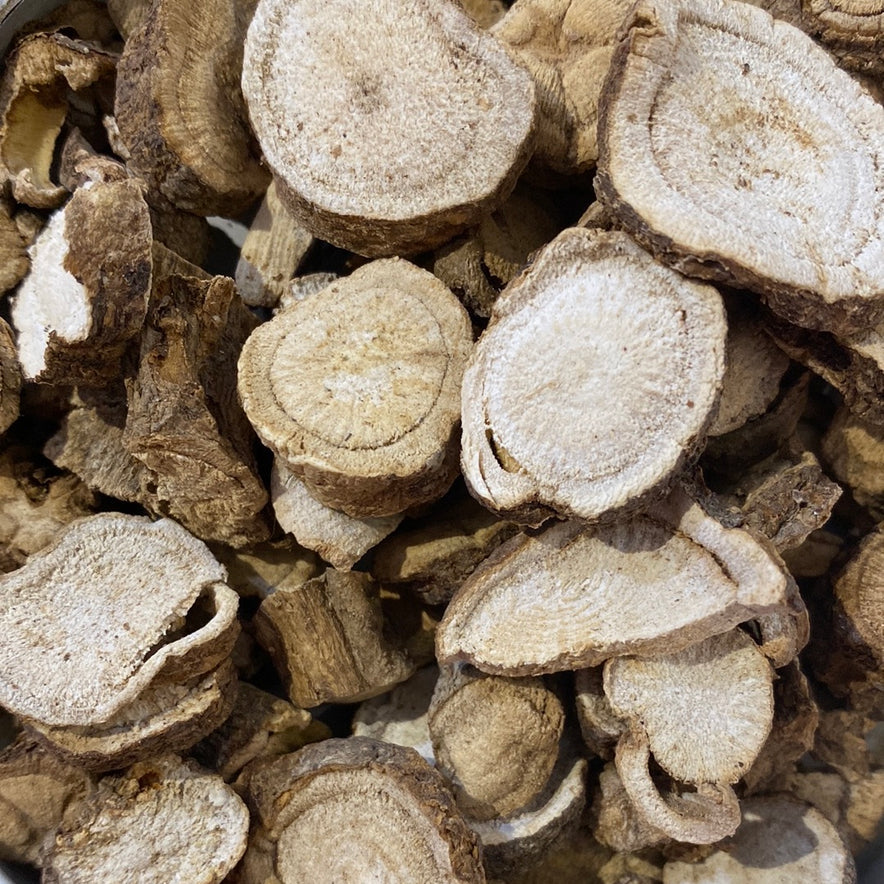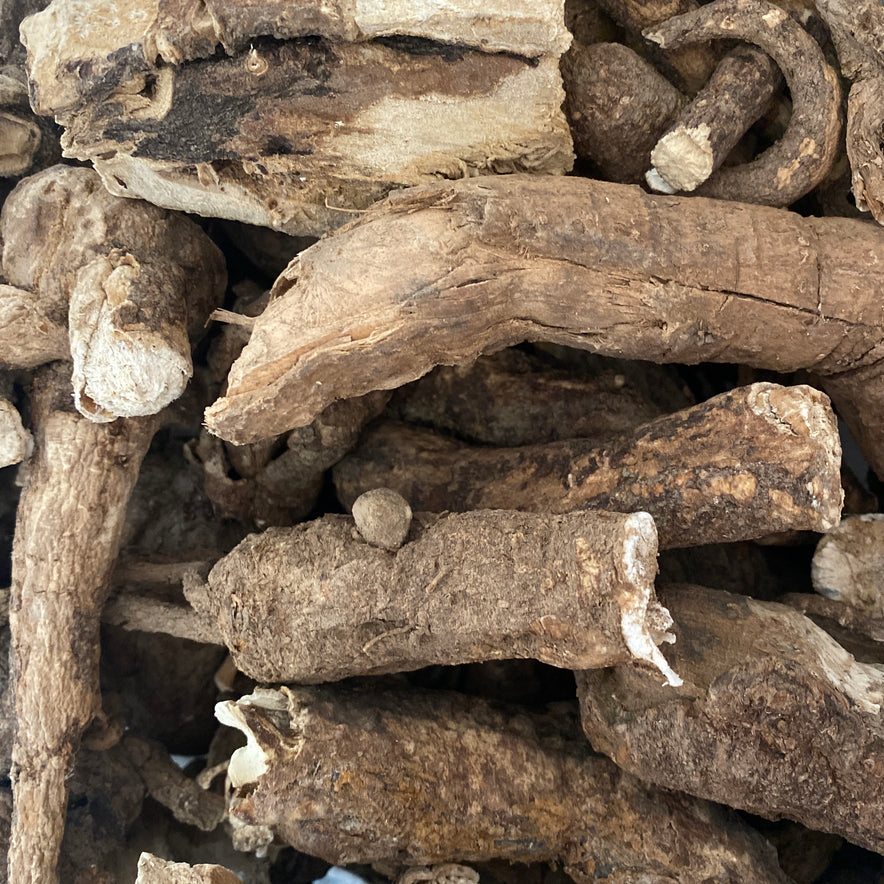

Wild Cretan Mandrake Root in Slices or Pieces (Mandragora Officinarum)
Known since antiquity, mandrake root—often called “Satan’s apple” due to its oddly human-like shape—has captivated healers, mystics, and botanists for centuries. Native to the Mediterranean region and thriving in the wild landscapes of Crete, this plant holds a prominent place in European folklore and early herbal traditions.
Historical and Traditional Use
Mandrake root has been used historically for its powerful analgesic, anesthetic, sedative, and purgative properties. In ancient herbal medicine, it was employed—always with extreme caution—to ease pain, induce sleep, calm convulsions, and lift melancholic moods. It was also believed to enhance fertility and treat conditions ranging from rheumatism to ulcers.
References to mandrake date back to ancient Greece, Rome, and the Middle East, where it was used by healers as well as in spiritual rituals. It was often considered a talisman against evil, as its shape and strong scent were thought to repel harmful spirits or energies.
Warnings and Safety
Mandrake is a highly potent and potentially toxic plant. It contains powerful tropane alkaloids such as scopolamine, hyoscyamine, and atropine, which can cause hallucinations, delirium, amnesia, and even coma if ingested in unsafe quantities. Improper use has serious health risks.
Consumption is strongly discouraged without the supervision of a qualified healthcare professional or clinical herbalist. Mandrake is not approved for internal medicinal use under modern herbal safety guidelines.
Modern Availability
Today, mandrake is valued primarily for ornamental, ritualistic, or educational purposes. It is often used in esoteric practices, botanical collections, or historical study. We offer sustainably sourced, wild Cretan mandrake root for these uses only.
Important Notice:
This product is not intended for consumption or medicinal use. Always seek professional medical or herbalist advice before considering any form of internal use. Keep away from children, pets, and vulnerable individuals.
